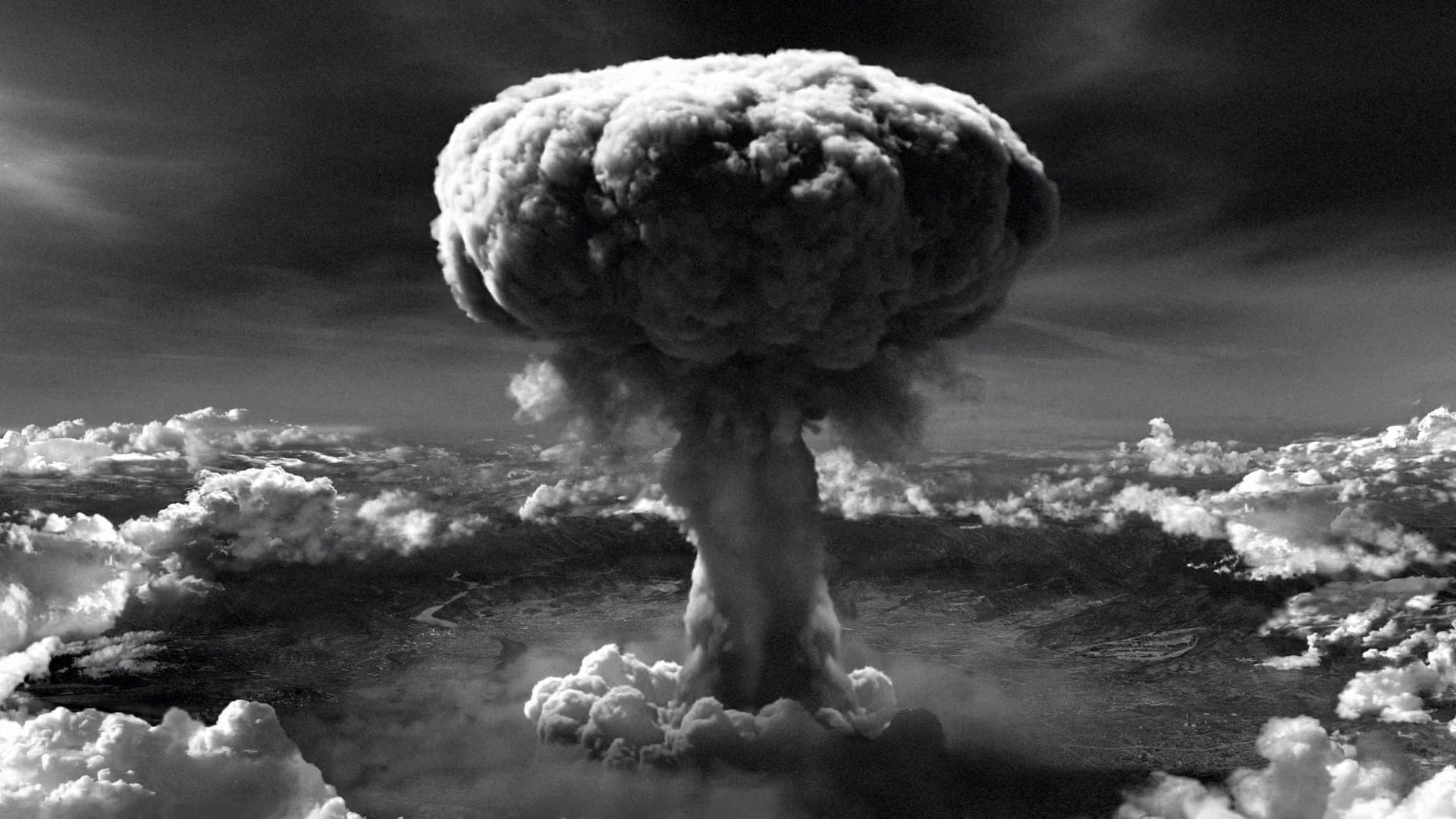U.S. Drops Atomic Bomb on Hiroshima

The bombing of Hiroshima brought World War II closer to an end—but it also opened the nuclear age.
What Happened?
At 8:15 a.m. local time, a U.S. B-29 bomber named Enola Gay dropped a five-ton uranium bomb—code-named Little Boy—over Hiroshima. The explosion flattened four square miles and killed around 80,000 people instantly. In the following days and months, tens of thousands more would die from injuries, burns, and radiation sickness.
The decision to use the bomb was made by President Harry Truman, who had recently assumed office after Franklin Roosevelt’s death. With the war in Europe over but Japan refusing to surrender, U.S. leaders believed that invading Japan could cost hundreds of thousands of American lives. The atomic bomb, they argued, would end the war swiftly.
But the human cost was catastrophic. The bomb vaporized entire families, melted steel, and poisoned soil, water, and air. Survivors—known as hibakusha—endured painful burns, trauma, and decades of radiation-related illnesses. Many faced discrimination and isolation, even in their own country.
Historians continue to debate the true motives behind the bombing. Some argue it was a military necessity; others suggest it was meant as a geopolitical message to the Soviet Union. Either way, the blast did more than end a war—it ignited the Cold War and began an arms race that continues today.
Three days after Hiroshima, the U.S. dropped a second bomb on Nagasaki. Japan surrendered days later, on August 15. The world would never be the same. For the hibakusha, their testimony has become a warning: that peace cannot come through nuclear devastation.
Why It Matters
The bombing of Hiroshima marked the dawn of the nuclear age—a moment that forever altered war, diplomacy, science, and human ethics. It reminds us that technology without accountability can lead to unimaginable suffering. The voices of survivors compel us to remember, reflect, and resist repeating history.
?
Why did the United States choose to drop atomic bombs on Hiroshima and Nagasaki instead of invading Japan?
What was the Manhattan Project, and who was involved in developing the atomic bomb?
How did the atomic bombings affect civilians, both immediately and in the long term?
Who are the hibakusha, and how have they contributed to the global movement for nuclear disarmament?
How did the bombings shape U.S.-Soviet relations and the onset of the Cold War?
Dig Deeper
Einstein warned of Hitler's nuclear ambitions—but by 1945, the U.S. had built and used the most powerful weapon in history. This episode explores the science, ethics, and global consequences of the atomic bomb.
Related

Magna Carta
On May 12, 1215, a gang of angry English barons forced King John into a corner—and launched a document that would echo across centuries. It wasn’t democracy, but it was a dent in the divine right of kings.

The Great Depression: America in Crisis
The Great Depression was more than a stock market crash — it was a decade-long test of American resilience that reshaped the nation's economy, politics, and daily life.

Montgomery Bus Boycott, Greensboro Sit-In, and the Rise of MLK
From Montgomery’s buses to Greensboro’s lunch counters, ordinary citizens ignited extraordinary change — and a new national leader emerged.
Further Reading
Stay curious!
